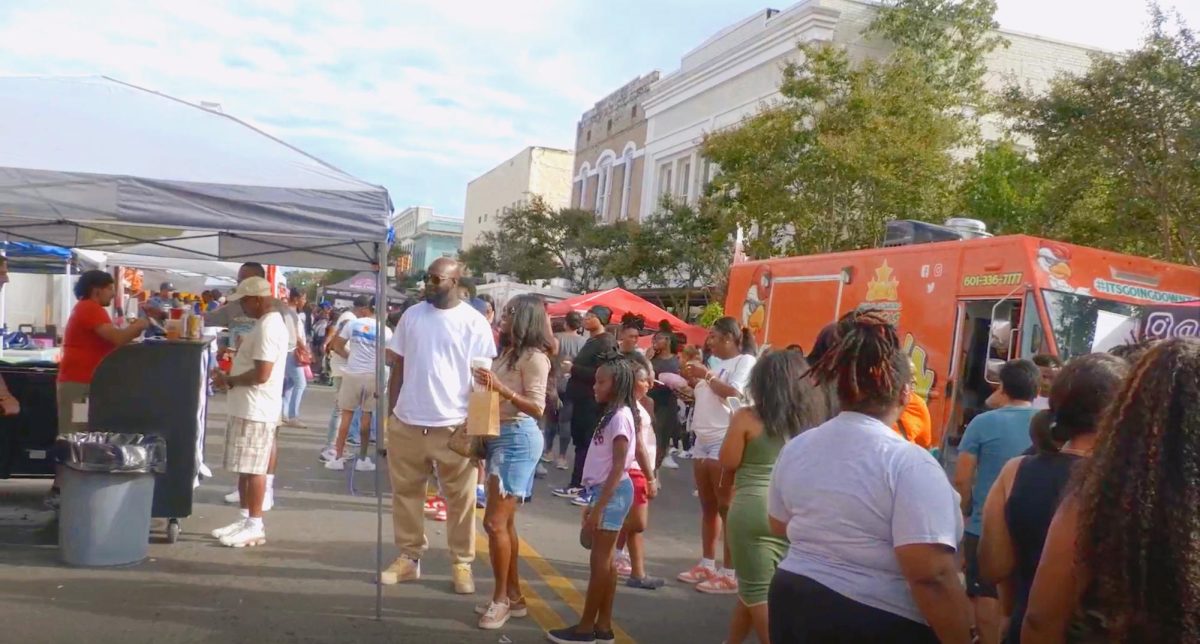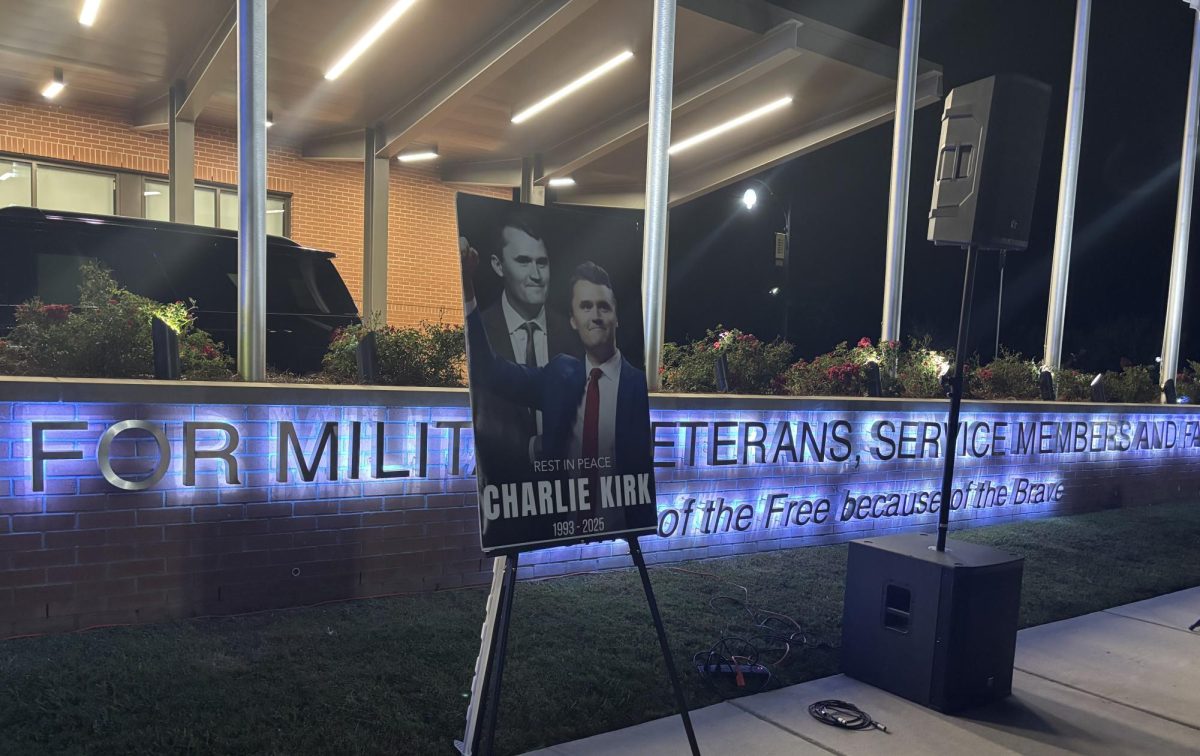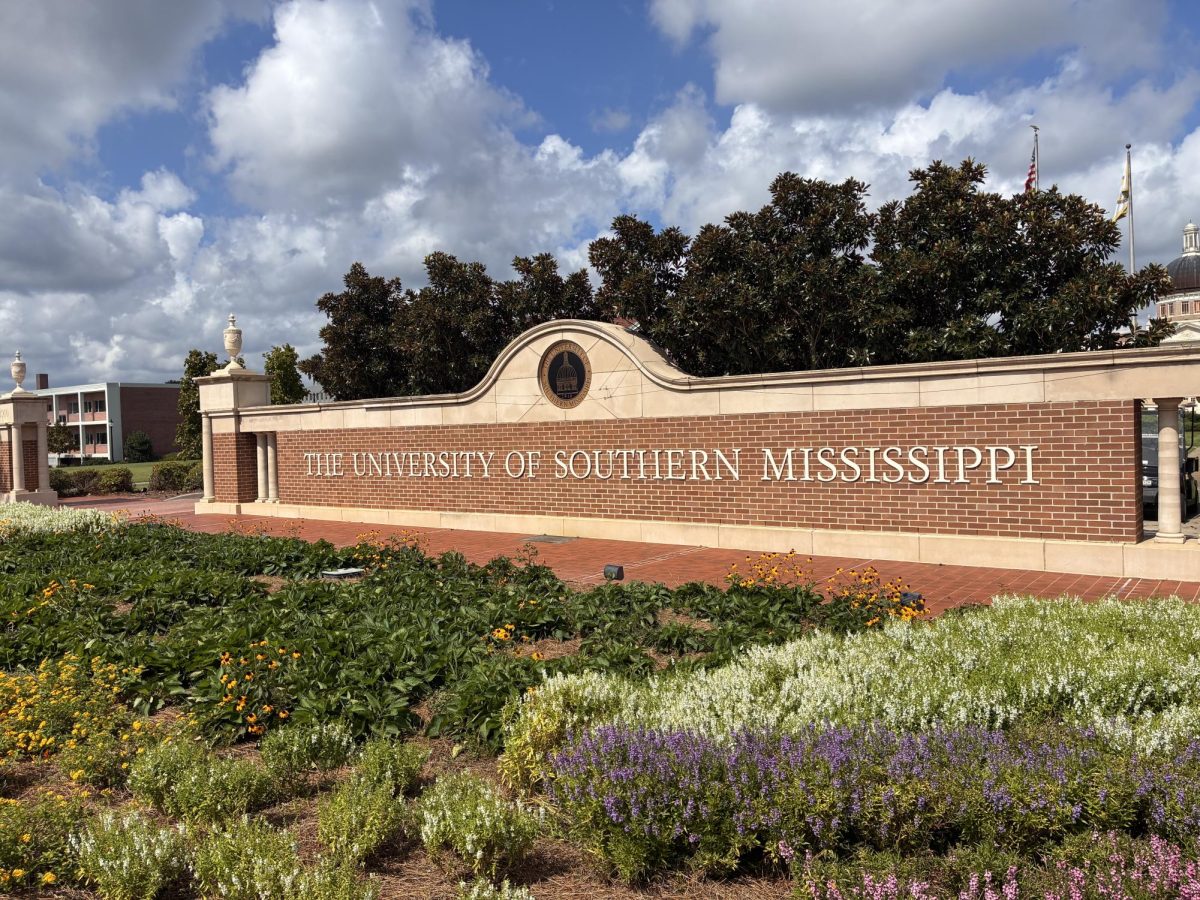The University of Southern Mississippi Speech & Debate Team hosted the 11th annual Hub City Swing Speech and Debate Tournament. The event featured different tournaments on top of speech and debate tournaments, like acting tournaments and slam poetry.
Some of the tournaments in the event were editorial impromptu, radio broadcast, extemporary speech tournaments, and impromptu tournaments. While some of the tournaments were standard, there were also experimental tournaments in the event.
The 2025 Hub City Swing Speech and Debate Tournament took place over a course of three days from Oct. 3 to 5. The first day consisted of individual debates. The second day included speaking events, group debates, and other tournaments. The final day included just the speaking events.
The debate tournament included five rounds of five different topics. Some of the rounds included domestic politics, hypothetical questions, and pop culture topics. Students were allowed to enter as many tournaments as they wanted.
“This was my first time joining a competition of this level, and I really enjoyed it,” A student noted. “I have never done editorial impromptu before today and that was definitely fun to try.”
The event also involved non-participating students by inviting them to judge the event. People with all different levels of experience, including people with no experience, were allowed to encouraged to sign up as judges. The judges were encouraged to listen to the competitors and note down what they liked and disliked about the competitors and rank them.
Dr. Paul Strait, the faculty advisor of the Speech & Debate Team, explains that there is no single criterion for students to be judged. He mentions that there are different factors that students need to be mindful of when they are competing.
“Judging can be based on delivery or how the organization or the assembly of thoughts,” Strait said. “Even in poetry, you might think you are just reading something, but you are making an argument through a series of poems that you have edited and compiled together.”
Strait also noted that since these tournaments are not part of a class, students are more passionate and intrinsically motivated. He mentioned that students are not doing it for a grade in tournaments, but through a competitive drive, which motivates them more. He also noted that the fun environment created in the debate club and tournaments leads to students showing up more and returning after they compete once.
“There are a multitude of benefits to joining the speech and debate, and one of those is the community that we find here,” Jakiriah Davis, the Vice President of the speech and debate student organization, said. “We are also very diverse, and joining the tournaments helps you learn to work with other people.”
The president of the organization, Aadarsha Kunwara, also noted that the tournaments and the organization have helped him hone his speaking skills. He also mentioned that the tournaments that he has participated in have helped him better communicate in his everyday life.
The tournament intended to help participants become more well-rounded individuals and be more relatable to the public. Students were encouraged to apply what they had learned in class and apply it to help them not only win the tournament but also be more adaptive.



























